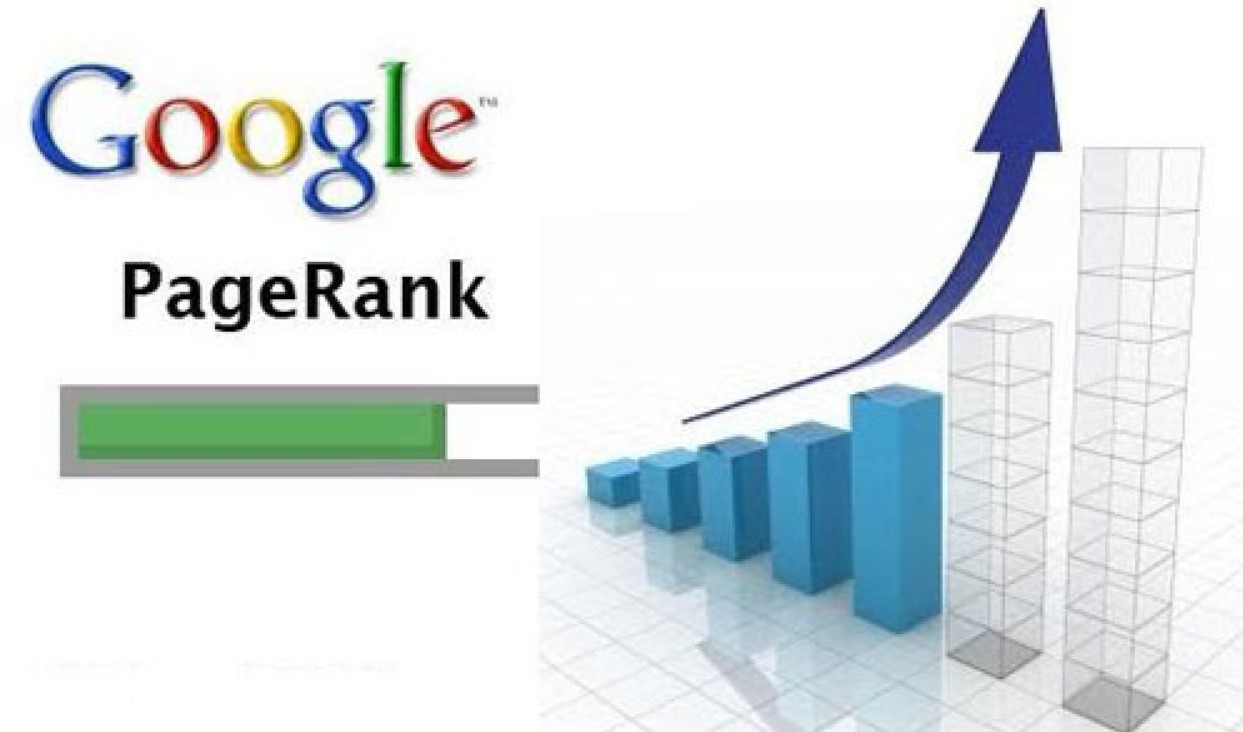
Google PageRank and How it Impacts SEO
The Influence of Google PageRank on SEO
In the world of digital marketing, SEO (Search Engine Optimization) is the magic wand that makes your website more visible on search engine results pages (SERPs). To understand SEO better, we need to dive into a vital ingredient of the SEO recipe: Google PageRank. This article aims to break down what Google PageRank is, why it matters, and how it plays a role in the world of SEO.
What Is Google PageRank?
Google PageRank is like a popularity contest for web pages. Imagine the internet as a vast network of interconnected pages, and PageRank as the referee that decides which page gets the crown for being the most authoritative and relevant. It was created by Larry Page and Sergey Brin, the brilliant minds behind Google when they were still students at Stanford University. They introduced it in 1996 as a part of their research project, and it has since become a fundamental part of how Google ranks web pages.

How PageRank Works?
Understanding PageRank is like peeling an onion—it has layers, and we'll start with the basics:
-
Initial PageRank Distribution: Every web page starts with an initial PageRank value, typically set to the same number, say 1.0.
-
Counting Outgoing Links: PageRank looks at how many links a particular page has going out to other pages. If a page has many outgoing links, it shares its PageRank value among all those links.
-
Evaluating Incoming Links: The algorithm considers the quality and authority of the pages that link to a specific page. Links from high-ranking and relevant pages carry more weight.
-
Iterative Magic: PageRank doesn't work in a single calculation. It repeats its calculations, continuously updating the PageRank values until they stop changing significantly.
-
Damping Factor: To keep things honest and prevent cheating, PageRank has a damping factor. This factor represents the probability that a user might randomly click on a link rather than following the PageRank algorithm. Typically, it's set around 0.85.
-
The Final Score: After all these calculations, each page gets a PageRank score, which Google uses as one of the factors to determine where it shows up in search results.
Why PageRank Matters in SEO?
Now, let's dive into why PageRank matters so much in the world of SEO:
-
Higher Rankings: If your website has a high PageRank, it's more likely to appear on the first page of Google's search results. Everyone wants to be on the first page because that's where most people click.
-
Link Building: PageRank tells us that quality backlinks matter. SEO experts often focus on getting links from authoritative and relevant websites. These backlinks act as votes of confidence and can significantly boost your page's authority and visibility.
-
Quality Content: Good content naturally attracts more links. SEO experts concentrate on creating valuable and engaging content that not only attracts users but also other websites looking to link to quality content.
-
Website Structure: How your website is structured can help or hinder PageRank flow. A well-structured internal linking system can ensure that PageRank flows to important pages, improving their visibility.
-
User Experience: PageRank is influenced by user behavior. Things like click-through rates and the time users spend on your page matter. SEO strategies often include improving the user experience to keep visitors engaged, which can indirectly affect PageRank.
-
Competitive Analysis: Understanding PageRank can help SEO professionals assess the authority of their competitors' websites and find opportunities to improve their own.
Challenges and Limitations
PageRank is a powerful concept, but it has some limitations and challenges in today's SEO landscape:
-
Diverse Ranking Factors: Google's ranking algorithm has evolved to consider hundreds of factors beyond PageRank, including user intent, content quality, mobile-friendliness, and more.
-
Algorithm Updates: Google frequently updates its algorithms, so staying current with the latest changes is crucial for SEO professionals.
-
Personalization: Search results are often personalized based on a user's browsing history and location, making SEO efforts more complex.
-
No Public Scores: Google no longer shares PageRank scores for individual web pages publicly, so it's challenging to gauge the exact influence of PageRank on rankings.
Conclusion
In the world of SEO, Google PageRank is like the cornerstone. It's a way for Google to decide which web pages are the most authoritative and relevant. While PageRank is still important, it's just one part of the bigger SEO puzzle. To succeed in digital marketing, you need to consider many factors, such as content quality, user experience, and mobile-friendliness. PageRank is a fascinating concept, but it's just one ingredient in the complex recipe of SEO success. Understanding PageRank's history and significance is essential, but adapting to the ever-changing SEO landscape is equally critical for long-term success.






